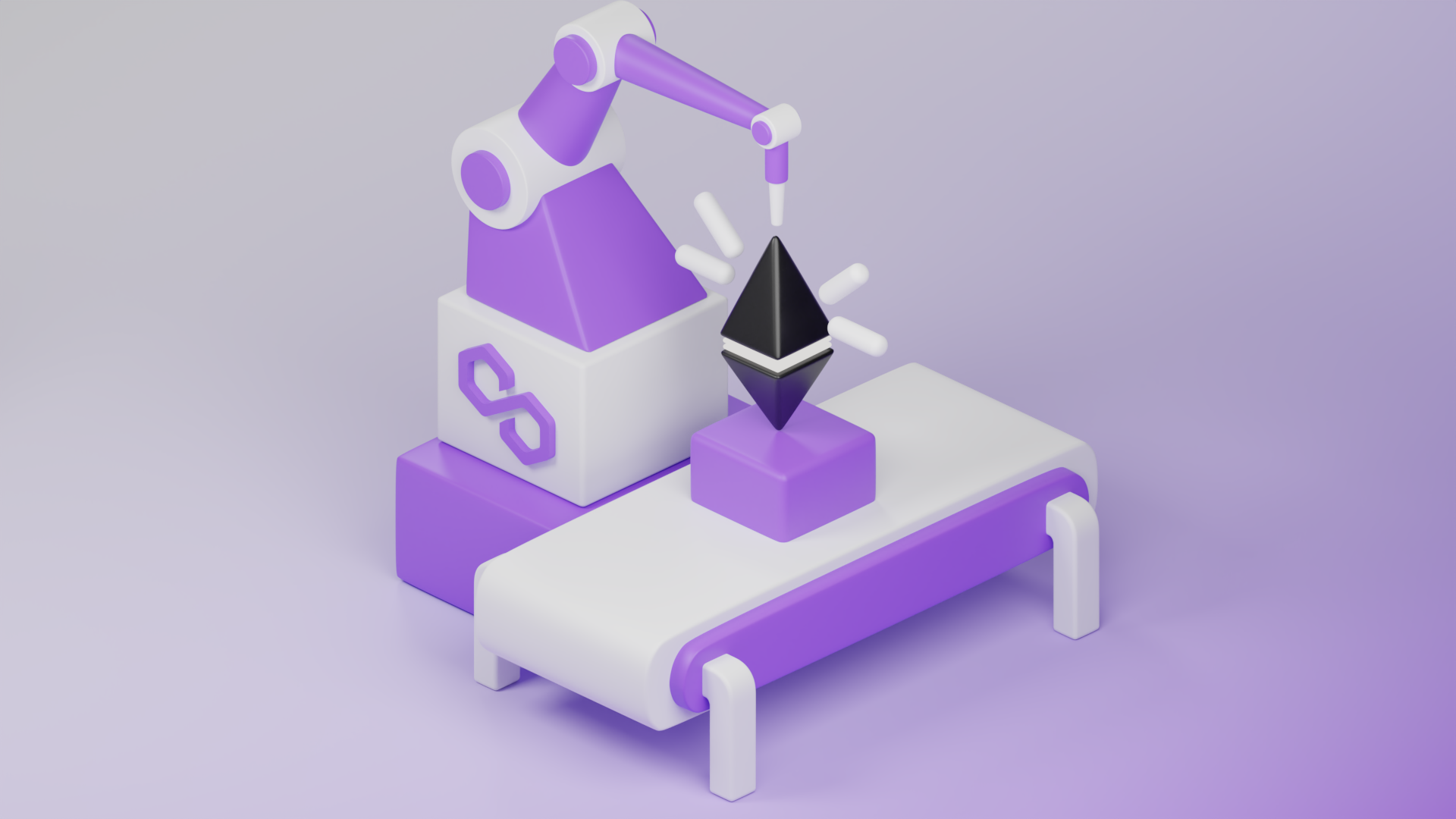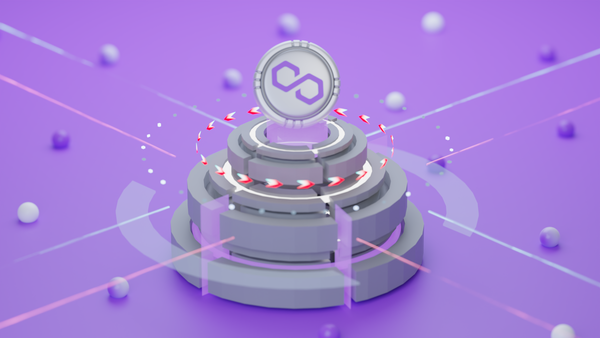What Ethereum issues are Polygon solving with zkEVM?

Ethereum is a top option when selecting a launching pad for DApps and smart contracts. But one of the drawbacks of choosing Ethereum is that it is slow and expensive for users; not highly scalable. This is when other platforms that have been trying to make Ethereum more scalable come into the picture. One such platform is Polygon.
Polygon is a layer-2 scaling solution that tries to solve the high gas fees and speed issues. One of the biggest problems Ethereum has is that the transaction speed is so slow, and the transaction cost is also high.
This is what Polygon is trying to solve. The speed of transactions on the Polygon is 10X more than Ethereum, whereas the cost is very low. Polygon is also helping other blockchains to grow by leveraging the upside of the ETH ecosystem, High connectivity, and extensibility combined with efficient core and layer maintenance.
Polygon is also solving problems such as reducing the cost of building blockchain and Dapps, faster use of Defi, NFT, and gaming apps running at nearly no cost. Polygon also gives access to a vast Polygon-based NFT. Polygon might not be the only solution to solve the issues on Ethereum, but it is the one to gain more transactions because of how seamlessly it works. As the number of networks on the app and blockchain is growing, so are the different ways Polygon tries to solve the Ethereum problem. Of course, Ethereum needs to scale, but won’t that mean sacrificing security and decentralization? Not with Polygon zkEVM.
Polygon recently announced the launch of zkEVM, the first EVM-equivalent ZK L2.
We are proud to announce a giant leap forward for Ethereum scaling and ZK innovation.
— Polygon - MATIC 💜 (@0xPolygon) July 20, 2022
Introducing Polygon #zkEVM, the first EVM-equivalent ZK L2.
Today we’re releasing a complete implementation, fully open-source, and we’re just getting started.
[1/6] pic.twitter.com/P929DRCT1y
You can build on Polygon zkEVM the same way you would on Ethereum. You can deploy any Ethereum smart contract. Any tooling that works with Ethereum will work on Polygon zkEVM. Do anything you would do on Ethereum, for lower cost and at more incredible speeds, and have it verified on the Ethereum network via a ZK validity proof. It’s Ethereum, but with ZK scalability.
The polygon team will be releasing the testnet soon.
It’s also open-source, meaning you can trust the code, rather than trusting us. - Polygon
Polygon is also more convenient, faster, cheaper and appealing to developers and end users than Ethereum. Compared to Ethereum, Polygon has lowered the financial barrier to getting inside the system as it provides cheaper transactions and facilitates the deployment of a new blockchain.
Know More about the zkEVM here.

How does Polygon shows its superiority over others?
- Polygon is more scalable as it has millions of transactions per second and low fees.
- Polygon promotes decentralization using Proof of Stake Checkpoints.
- The team at Polygon has promised to create web and mobile browser integration and protocols that will improve the usability of dApps.
- Polygon facilitates reliable, easy, and trust-less crypto trades.
- Polygon enables the NFT marketplace and provides users and developers with fast, secure, and efficient side-chains to build and play games on.
Polygon offers a much-needed answer to solve Ethereum’s issues once and for all. In addition, researchers have predicted that Polygon Matic will grow consistently to reach $4 by 2025. In all, Polygon is all set for a bright future ahead.
About ZeroSwap
ZeroSwap provides users a simplified way to swap on multichains with zero gas fees. We pay gas for users when they swap on-chain, using meta-transactions.
We are live on Binance Smart Chain, Polygon, Avalanche, and Fantom and plan to integrate Optimism, CELO, Aurora, and Ethereum Chain soon.
In addition, our product suite includes the Gasless ZeroSwapDEX, Staking, IDO platform ZeeDO and our native Bi-directional Bridge, and a B2B Service Based Product called DeFi Wizard.
Join Us!
Website | Announcement Channel | Discord | Telegram | Twitter | Zeroswap Ecosystem | Reddit




